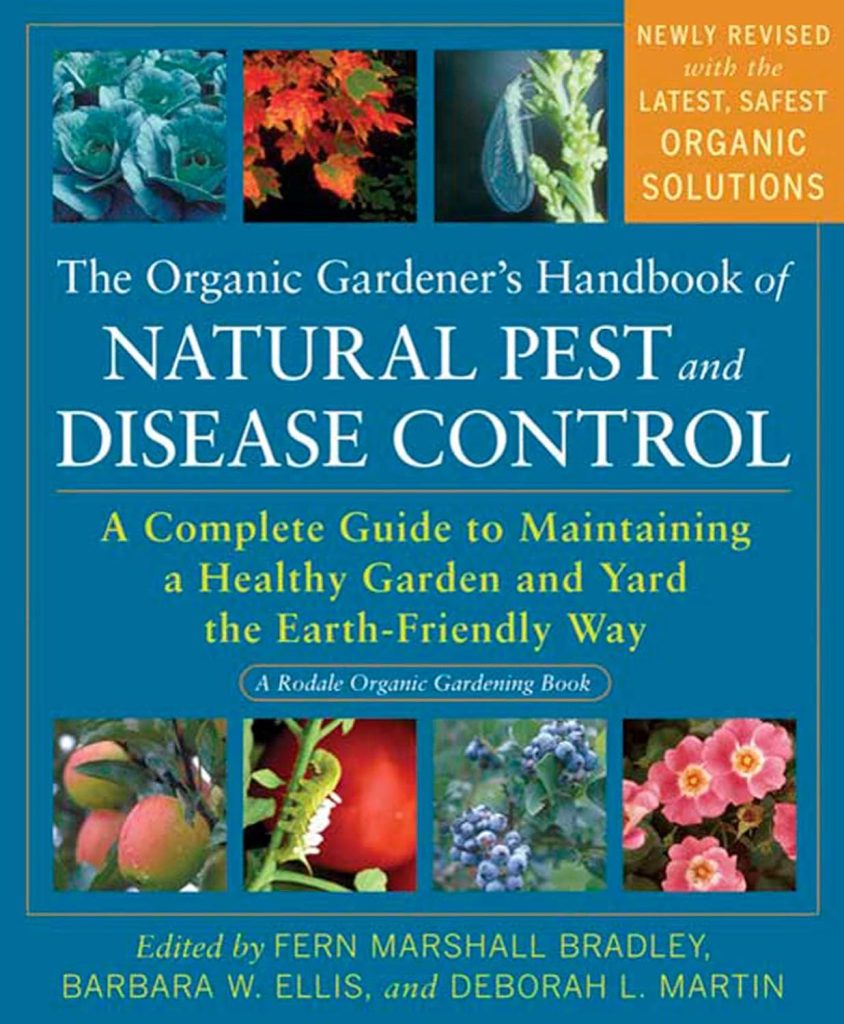The Organic Gardener’s Handbook
*As an Amazon Associate, I earn from qualifying purchases. Please see our disclosure to learn more.
The Organic Gardener’s Handbook of Natural Pest and Disease Control is a comprehensive guide written by Barbara W. Ellis, Fern Marshall Bradley, and Deborah L. Martin. It covers various techniques and strategies for managing pests and diseases in gardens using organic and natural methods.
The book provides detailed information on identifying common garden pests and diseases, understanding their life cycles, and implementing effective control measures without resorting to chemical pesticides.
Readers can purchase the book in different formats: Kindle, Hardcover, and Paperback. It currently has a score of 4.7/5 stars (911 ratings) on Amazon.
The Organic Gardener’s Handbook
Some key features of the book include:
- Identification of pests and diseases: The handbook helps gardeners identify different pests and diseases that can affect plants, including insects, fungi, bacteria, and other pathogens.
- Organic control methods: It offers a wide range of organic and natural control methods. This includes beneficial insects, companion planting, crop rotation, homemade remedies, and biological controls.
- Prevention strategies: The book emphasizes preventive measures to minimize the occurrence of pests and diseases. This includes soil health improvement, proper plant selection, and cultural practices.
- Integrated pest management (IPM): It promotes an integrated approach to pest and disease management, combining multiple strategies to maintain a healthy balance in the garden ecosystem.
- Practical advice and tips: The authors provide practical advice, tips, and techniques that gardeners can easily implement in their own gardens, regardless of size or location.
Overall, “The Organic Gardener’s Handbook of Natural Pest and Disease Control” serves as a valuable resource for organic gardeners seeking to manage pests and diseases in an environmentally friendly and sustainable manner.
Organic gardening is crucial today as it promotes sustainability by avoiding synthetic pesticides and fertilizers, thus protecting biodiversity and soil health. Additionally, it ensures the production of nutritious, chemical-free food. This contributes to healthier diets and overall well-being for both humans and ecosystems.

